Members of Beacon Class of 1973 reflect on then and now
Today (Sept. 22) and tomorrow, about 50 members of the Beacon High School Class of 1973 are expected to gather at the Southern Dutchess Country Club and St. Rocco’s to celebrate the 50th anniversary of their graduation.
“We have classmates from Norway, Seattle and Texas coming,” reported Geri Carola Arno, 68, a Hopewell Junction resident who led the reunion committee. She said she and others did an exhaustive search to find as many of the 259 members of the class as possible (at least 43 have died).
Reporters Mackenzie Boric and Erin-Leigh Hoffman spoke with seven members of the class, including Arno, about their recollections of Beacon 50 years ago and what they’ve accomplished in the five decades since high school graduation.
It was a challenging time to be a student. Besides the war in Vietnam and the Watergate hearings, the school year in Beacon began with a teachers’ strike that lasted nearly three weeks and resulted in five union leaders being sentenced to jail. (Striking by public employees is illegal in New York.)
There was also tension among some students. The yearbook and local newspapers noted several fights, including one in December that resulted in 20 suspensions. Officials attributed the violence to the dimly lit, overcrowded high school, which would not be replaced for another three decades despite a proposal before the school board at the time for expansion. The principal suggested eliminating the lunch period, where trouble often seemed to start, and ending school at 1 p.m.
On the bright side, the football team won its second game in three years, while the basketball team was undefeated at 17-0 until it lost the final game of its season to Poughkeepsie.

Brynie Cooper
Brynie Cooper has lived a lot of life since high school. “I had people say things to me like, ‘I know you, and I know you’re going to be able to get through this,’ ” says Cooper, who lives in Poughkeepsie. “And I did.”
Cooper, who grew up on Red Schoolhouse Road, sums up life at Beacon High School in the early 1970s as “crazy and hectic.”
“There was just a lot of confusion, a lot of different things were going on and just trying to figure out where you belonged,” she says.
“Because the student body was diverse, that contributed to the confusion when you did have racial tension,” she says. “It wasn’t that you knew of people who were of a different race, or ethnicity or religion — you were raised with them, you were in classes with them. So how are you mad at somebody just because they’ve got that label?”
When she was 19, Cooper had a son, Josh. At the time, she worked at the Castle Point VA Medical Center in Wappingers Falls. While raising Josh as a single mother, she worked as a cleaner at summer camps and hotels.
“I was thinking about college but did not go back to school for a long, long time,” she says. “It was in the back of my head. I was a good student in high school.”
Eventually, Cooper earned a bachelor’s degree, followed by master’s degrees in community psychology and school psychology (at age 42) from Marist College. She worked for the Poughkeepsie school district and Dutchess County agencies until her retirement in 2016. Today, she is pursuing a doctorate and teaches part-time at Dutchess Community College.
Asked how she is doing, Cooper says, “We’re doing OK.”
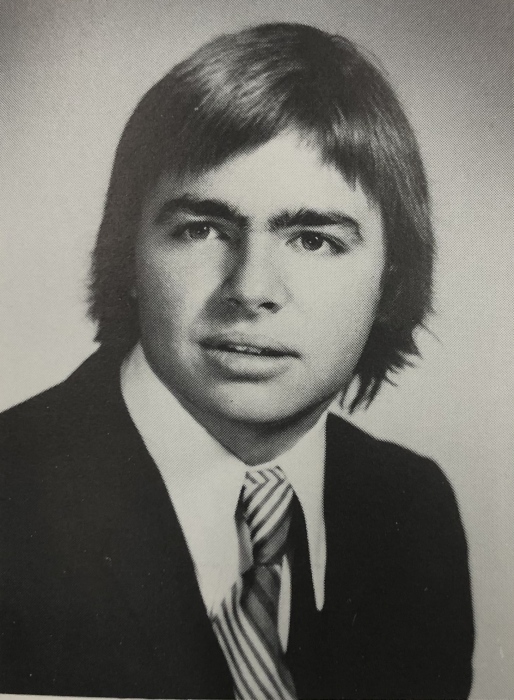
Christopher Sjoholm
When he wasn’t in class, Christopher Sjoholm worked in the kitchen at Saint Francis Hospital, where he visited with an older gentleman to keep him company.
He says the Vietnam War and the Watergate scandal had a profound effect on his view of the world. He opposed the war and participated in committees and marches calling for its end. By the time he received a draft notice, early in his senior year, it was winding down. The draft was suspended in January 1973.
After graduating, Sjoholm enrolled at George Washington University in Washington, D.C., in part because he thought “it would be great to be down there when all of the [Watergate] hearings were going on.”
But within two years, he decided that national politics was not for him and transferred to Columbia University in New York City to study economics. He had a long career in the insurance industry, and spent 20 years in New York City, where he met his wife.
In the early 1990s, the couple was living in Queens and thinking about where they wanted to raise their children, which prompted a return for him to Beacon. “I knew Beacon, and I knew we could find an affordable home at the time,” he recalls. “If you know the place, it has physical beauty, it has proximity to major things that you like, and, hell, we even have a minor league baseball team!”
Beacon was a nice place to grow up, he says. By the time he was in high school, “the social consciousness had been awakened. It was the birth of the women’s movement and the environmental movement. It was the height of the Vietnam War protests. There was a lot more activism in the community.”
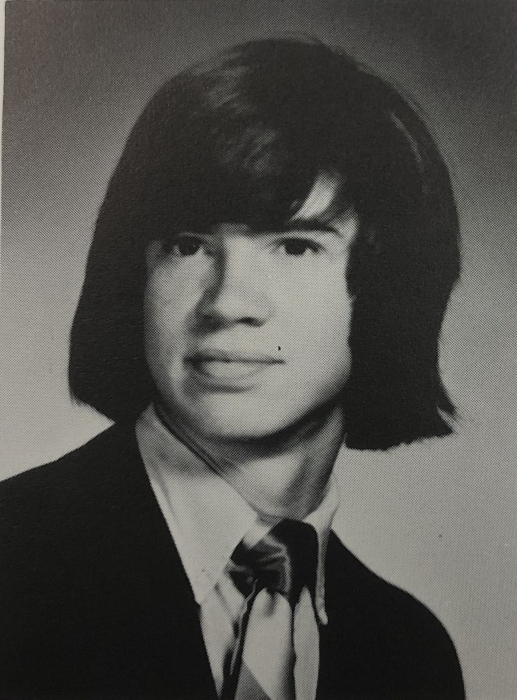
Geoff Robillard
As Geoff Robillard prepared to move to Denver for a job in retail and restaurant construction, his mother told him: “No matter where you go, you’re always from Beacon.”
Robillard grew up on the west side, near the river, with three brothers and a sister. He played football and baseball in high school, and skied. He remembers the diversity of race and culture among his classmates.
His senior year was the last year of the draft. After he received his notice, he decided he would serve. He came from a long line of military men. But his father noted that, practically, “the Viet Cong will have to land on Long Island for you to get called up” at that point in the war.
Robillard attended Pace University to study accounting and lived in Connecticut before moving to Colorado. He and his wife had their first daughter there and two others after they relocated to Stratford, Connecticut, about a 90-minute drive from Beacon. “For 15 to 20 years, my life revolved around my kids, raising them, doing things with them, doing things for them,” he says.
The family visited Beacon often to see family and, in the mid-2000s, Robillard and his wife decided to make it home.
“When I left high school, Beacon was falling apart,” Robillard says. “All the factories were closing. Retail had left Main Street and gone to the malls. Forty percent of Main Street was boarded up. Beacon was really struggling.”
Starting in the 1990s, “they cleaned it up, they re-established the old brickwork and it took off from there” Robillard says. “The transformation has been nice.”
Robillard says he is still close to several high school friends and served on the planning committee for the reunion. He feels that the fact he has been able to maintain friendships for more than 50 years reflects well on Beacon as a community.
“I feel fortunate for how we grew up,” he says. “We had a lot of fun times.”
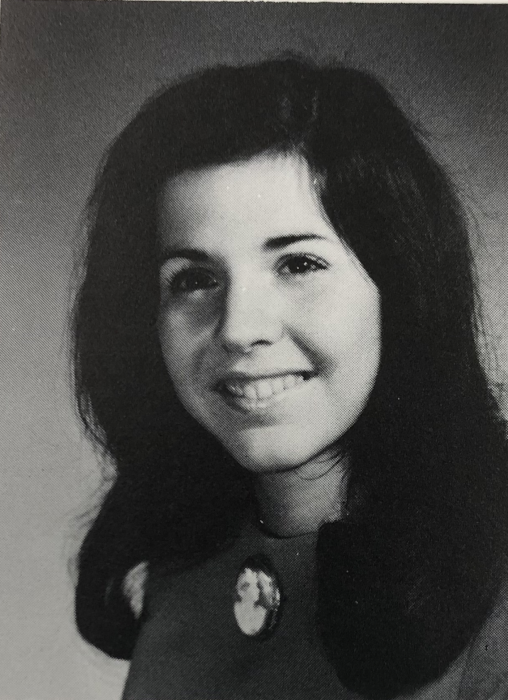
Geri Carola Arno
From the age of 10, Yonkers native Geralyn Carola Arno grew up in a bungalow in Glenham, the family’s former summer home. Her father, a furniture salesman, commuted to White Plains, while her mother tended to the household, which included Geri, her three siblings and their grandmother.
She doesn’t mince words about Beacon at the time. “It was the armpit of Dutchess County,” she says. “We were from the other side of the tracks compared to high schools like John Jay, Ketcham and innocent Cold Spring.”
Arno says she was a goody two-shoes who sang in the choir. She doesn’t recall racial conflicts personally but did hear stories of girls suffering consequences if they dated a Black boy.
“If I wanted to hang out, smoke dope and party all weekend, that was an option, but not for me,” she says. “I didn’t want to be a stay-at-home mom. I wanted to go to college, get a career and get an apartment because I didn’t want to go from my parents’ house to my husband’s house. I wasn’t going to be dependent on anybody.”
After graduating, she earned an associate’s degree in medical technology from Orange County Community College. She also took courses at Marist before being hired at Highland Hospital and later by the VA. She worked part-time after she and her husband started a family. She has two children and four grandsons.
Before social media, staying in touch with former classmates wasn’t the easiest thing to do, Arno notes, but in 1994, she reconnected with her best friend from childhood, Karen Crotty Palumbo. “We’ve been tight ever since.”
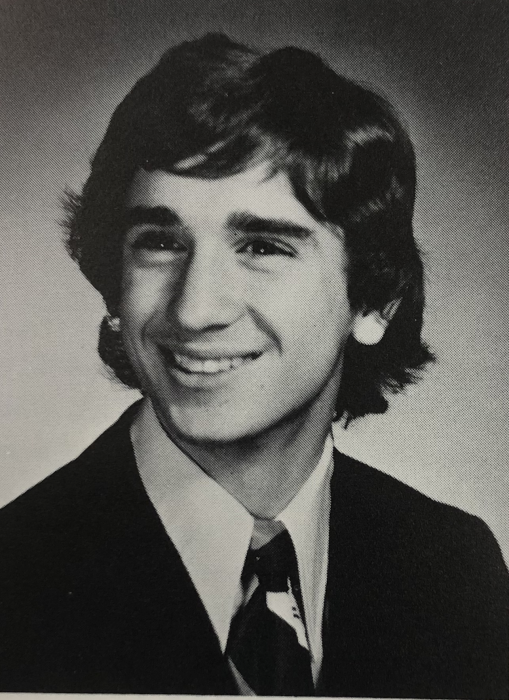
Jeff Dexter
Jeff Dexter recalls his first week at Beacon High School. “I was 5 feet tall and about 100 pounds. A week before the start of school, I broke my collarbone playing football. I had to wear a collared vest, where I would walk with my arms out, for three months. So, here’s this kid who nobody knows walking in like he’s a horror-movie monster.”
Although his time at Beacon High began awkwardly, he says his four years there were among the most valuable of his life. “High school to me was extremely important,” he says. “It was a lot of fun, a great education and I made friends I will have until the day I die.”
He recalls driving up and down Main Street, “almost like we were from the ’50s. We all had our little cheap cars. We had amazing parties” organized by word of mouth.
Dexter says the music of those years stands out — Jimi Hendrix, Led Zeppelin, the Allman Brothers. Dexter still has his ticket to the Woodstock festival, which took place in 1969, a month before he started his freshman year. It was unused.
“When my parents realized what was going on, they wouldn’t let me go,” he recalls.
He says he knew people who were sent to fight in Vietnam, but fortunately they all made it home. He recalls “moratorium days” when Beacon residents would leave school or work and march in protest on Main Street, often accompanied by folk singer Pete Seeger.
There were racial tensions at school, and he recalls assemblies designed to ease them. He says he wasn’t always sure what led to the fights. “If you were to ask me back then what was going on, it was just certain people rubbing other people the wrong way — on both sides, whites and Blacks,” although he says racism and intolerance were part of the culture at Beacon High School and elsewhere.
But he also says he recognized the value of the city’s diversity because his father, a former Dutchess County legislator, was involved with the African American community and Dexter had Black friends through sports and in the classroom. “I’d walk around wondering, ‘What the heck is this all about?’ ”
After graduating, Dexter attended SUNY New Paltz and went to work for IBM. He later was employed by the Red Cross, the Cystic Fibrosis Foundation and The Carnegie Foundation before launching his own business in 1995 while living in Connecticut. He and his wife, Virginia, had three children; the couple today lives in Sunderland, Vermont, where Jeff enjoys pickleball and tenkara fly-fishing.
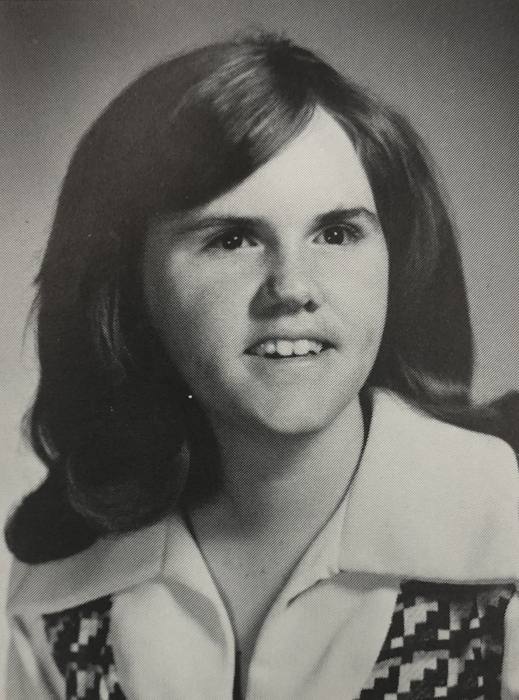
Karen Crotty Palumbo
Karen Crotty Palumbo recalls being dedicated to her studies and band. “It wasn’t a great time” in Beacon, she says. “You couldn’t go after dark to Bank Square because it was a rough neighborhood. Now you can’t even afford the coffee!”
Beacon seemed simpler, she says. The Main Street stores sold essentials. There was a fabric store, a clothing store, a bakery and an Army/Navy store. The go-to eateries were Quinn’s and the Yankee Clipper. The library was located in what is today the Howland Cultural Center. (It moved to its present location in 1976.)
When she graduated from Beacon High School, her father told her: “College now, or nothing.” Palumbo enrolled at the Columbia Memorial Hospital School of Nursing in Hudson and became a registered nurse. She worked at Vassar Brothers in Poughkeepsie and Highland Hospital in Beacon. She also met her husband. They have been married for 45 years.
During the 1980s, Palumbo juggled raising her children, working part-time at Vassar Brothers and earning a bachelor’s degree in nursing from Mount Saint Mary College. In 1998, she returned to school to get a law degree at Pace.
“It was time to do something different, and I was discouraged with the direction of health care,” she says. After graduating, she worked for Legal Services of Dutchess County, then opened her own practice in 2003 in Beacon.
Nearly nine years ago, Palumbo’s son, Vinny, died. Each year the family presents an award in his name to an outstanding student-athlete.
Most recently Palumbo has been focusing on family court, representing children and clients with various domestic issues. “I should be retired, like most of my high school classmates, but I’m not ready to go in that direction just yet,” she says. “If you like your work, stick with it.”
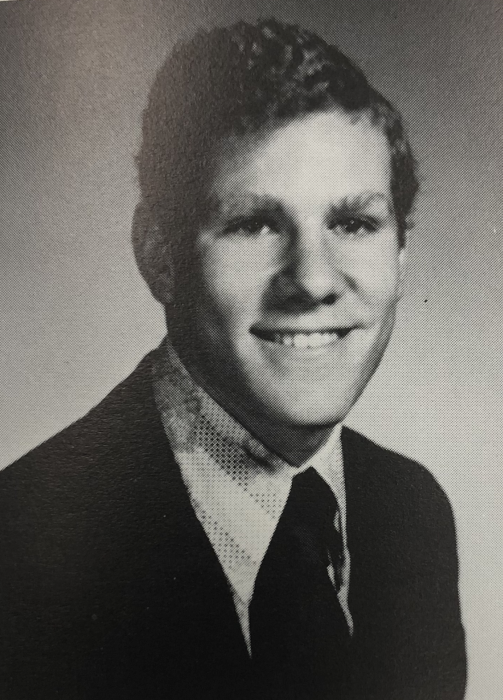
Stuart Ginsberg
Unlike many of his classmates, Stuart Ginsberg had two parents with college degrees. His father was well known as a dentist.
“Growing up in the public schools in Beacon was a fabulous experience,” says Ginsberg. But he acknowledges the students could be rowdy.
“In my freshman year, I was in Key Club and the Junior Kiwanis Club, and we went to the New York state convention at a hotel in the Catskills,” he says. “Although we did not actually get thrown out, we were politely asked to tone it down. I remember a couch being thrown out of the hotel, or something like that. You know, high school students are still high school students.”
During his senior year, Ginsberg was the Student Council president and ran track. He says he feels his teachers did a marvelous job.
“I would say that my preparation [for college] from what had been viewed as a ‘modest’ school was excellent,” he says. “It certainly was a place where you could learn in a way that allowed you to excel.”
Ginsberg says he supported the teachers when they went on strike. He drove to Albany with classmates for an unannounced visit to the state commissioner of education. They parked themselves outside his office until the police arrived.
After graduating from Beacon High, Ginsberg started his higher education at Williams College, attended the University of Pennsylvania for dental school and finished at Georgetown University with a law degree.
A few years ago, Ginsberg, who lives in Virginia, retired from the legal profession to become a full-time middle and high school teacher. “I loved what I did, but I love teaching more than anything else,” he says. “One of the reasons that I do is because of the example of the teachers I encountered throughout my Beacon public-school education.”


What a great story. My Beacon timeline, or the start of it, coincides with the 1973 Beacon High School graduates. That February, after a few weeks in Newburgh, I began a three-year night shift at the old Evening News at 269 Main St. I didn’t know much about Beacon, even though I grew up just 20 or so miles south in Bear Mountain (yes, people did live in Bear Mountain — my dad was the park superintendent). Just out of college in Dayton (the Society of Mary, which operates the university, once had a junior seminary in the location owned by Beacon’s Board of Education), it was my second newspaper job. Working the nightside shift with the late, great Dick Shea, I learned a lot about the city and its people, and how much love Dick had for his hometown. Didn’t know any of the “kids” who gave their remembrances, although Jeff Dexter’s dad, Jack, was a friend of Dick’s and would often drop by the storefront in the evening to discuss politics, which quickly switched to sports. It was the best job I ever had, and I’ve had some pretty good jobs. Thanks to The Current and the 1973 BHS grads.